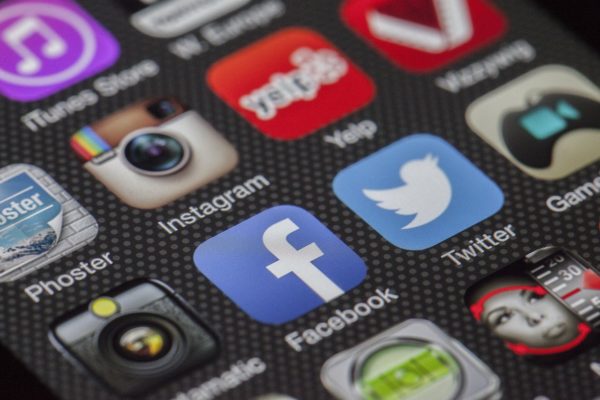The De-Influencing Era Is On The Rise
The rise of social media has brought with it a new era of influence. Influencers, individuals with large followings on social media, have the ability to shape opinions, create trends, and even sell products to their followers. However, in recent years, there has been a growing trend towards de-influencing on social media.
De-influencing is the act of intentionally reducing the amount of influence that an individual or brand has on social media. This can take many forms, from unfollowing influencers to actively seeking out alternative viewpoints. This trend is driven in part by a growing skepticism towards the authenticity of influencer content, as well as concerns over the potential negative effects of social media on mental health and self-esteem.
One of the key factors driving the de-influencing trend is a growing awareness of the potential for influencers to present a skewed or inaccurate view of reality. Influencers often carefully curate their social media presence, selecting only the most flattering images and carefully crafting their captions and posts. This can create an unrealistic view of what life is really like, leading to feelings of inadequacy and low self-esteem among followers.
There is also concern over the impact that social media can have on mental health. Studies have linked excessive social media use with increased rates of depression, anxiety, and other mental health issues. According to Christine M. Stabler (2021), “The Effects of Social Media on Mental Health,” “More trouble can arise when you place too much emphasis on the interactions you receive (or don’t) on content you share. For instance, if you post a picture hoping to receive likes or comments and don’t get the feedback you desire, you may feel disappointed or invalidated. You may also experience disappointment when comparing your posts to those of other people. All this can cause low self-esteem, distraction from other tasks, and even feelings of anxiety or depression.” In some cases, the pressure to maintain a perfect social media presence can exacerbate these issues, leading to a vicious cycle of negative feelings and self-doubt.
However, in recent years, there has been a growing trend towards de-influencing on social media, driven in part by people’s fear of missing out (FOMO). According to Christine M. Stabler (2021), “The Effects of Social Media on Mental Health,” “Fear of missing out, or FOMO, is another reason scrolling through social media is so enticing. When your friends and classmates are using social media, you may worry about missing a message, inside joke, or other information that connects you to your peers. However, constant checking and scrolling can have a detrimental effect…the distraction can lead to procrastination, less retention of information, and higher levels of stress.” This constant exposure to social media can also lead to feelings of inadequacy and low self-esteem, as users compare their own lives to the carefully curated and often unrealistic versions presented by influencers and other social media personalities.
As a result of these concerns, many individuals are actively seeking out alternative viewpoints and perspectives on social media. This can take the form of following accounts that focus on authenticity and vulnerability, or seeking out influencers who are transparent about the editing and filtering process that goes into creating their content.
Another factor driving the de-influencing trend is a growing awareness of the negative impact that social media can have on the environment and society as a whole. Social media platforms rely on algorithms that prioritize engagement and views, which can lead to a focus on sensationalized or controversial content. This can create a negative feedback loop, where content creators feel pressure to create increasingly extreme or controversial content in order to maintain or grow their following.
Overall, the de-influencing trend on social media is driven by a desire for authenticity, transparency, and a more balanced view of reality. While influencers will likely continue to play a role in shaping trends and opinions on social media, it is clear that there is a growing appetite for alternative voices and perspectives. As social media continues to evolve, it will be interesting to see how this trend develops and what new forms of influence emerge in response.











